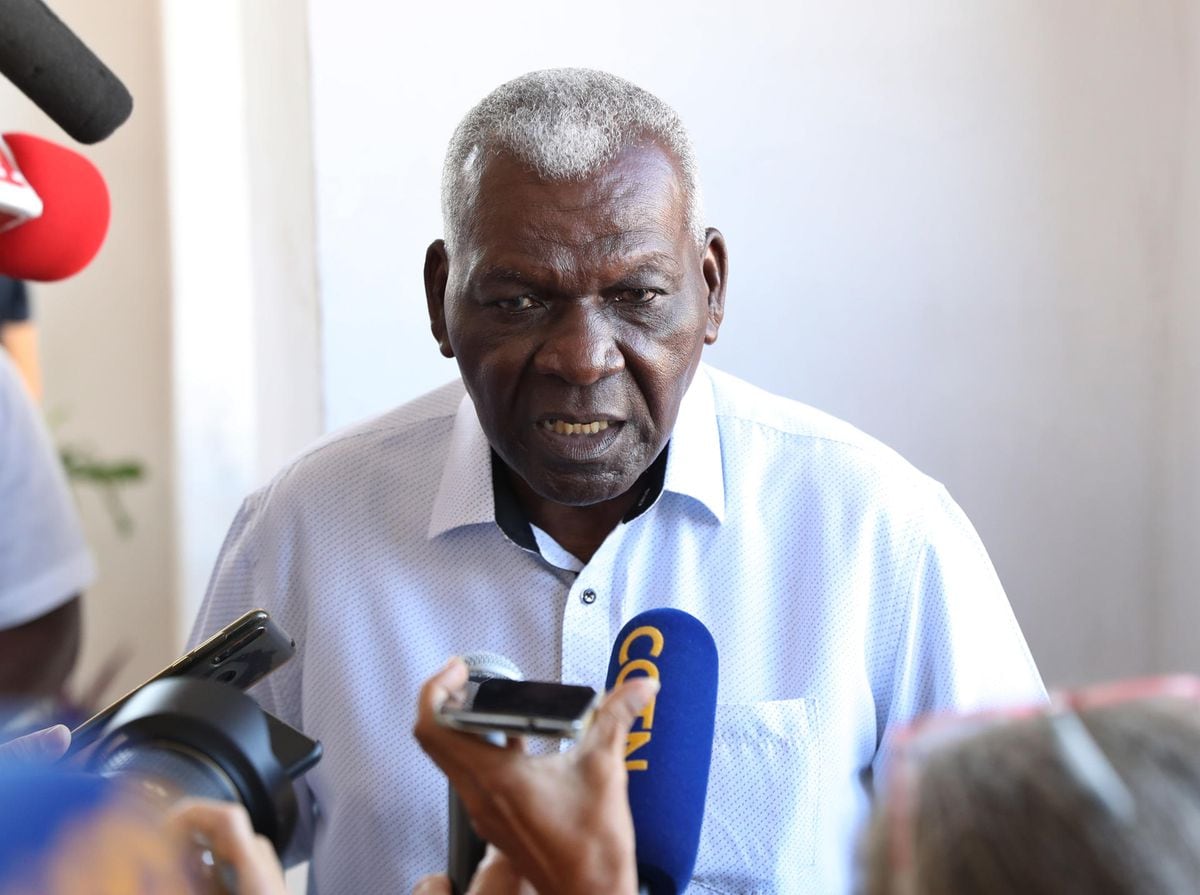Leonardo Padura (Havana, 1955, 2015 Princess of Asturias Award for Literature) carries with him the sin of also being a police writer, a large province of the black genre.
His successful and impeccable series starring Lieutenant Mario Conde, which began with
Past Perfect
(2000) in Havana in 1989, gives a good example of this.
This sin makes some reluctant to fall into the pages of his books to verify the great storyteller who is Leonardo Padura.
In addition to the construction of consistent plots, when reading to him we witness the creation of credible characters, with different nuances and voices that are almost never judged by their creator.
But if this is already an achievement in itself, it is even more so since he is a Cuban author residing on the island and who allows himself to reflect a reality of Cuban society and exile with an adequate dose of criticism without revenge or ideological blindness .
One never knows if the Cuban reality in the different sections of the stories that appear in Padura's books is as he sees it, but it seems so because it is not hyperbolic to us and that is more than enough.
It does not creak you or position you in a certain frame.
Como dust en el viento
is an ambitious novel, outside of the police genre, despite the fact that the plot, the investigation and the questions, secrets and answers of the characters themselves constitute the skeleton of the narrative, with what the Cuban uses in favor of work all the trade he holds.
Structured in 10 parts, with more than a dozen main characters and a similar number of locations - Havana itself, Miami, Madrid, Barcelona, Puerto Rico, New York, Buenos Aires ... - Padura assumes the ambitious challenge of explaining the Cuban reality to us and its diaspora from the eighties to the present through the lives of those characters.
To thread such wickers, he makes use of the mysterious Elisa Correa, her pregnancy and disappearance, as well as the alleged suicide of Walter, all of them members of a group of friends, El Clan.
Beings who see lives and dreams, miseries and longings swallowed up from those events.
It all begins at the beginning of the end, when Adela, a young New Yorker of Cuban descent, Marcos's partner, a young Havanan recently arrived in the United States, receives a call from her mother, Loreta.
A photograph of El Clan that one of its members hangs on Facebook will set in motion a whole machinery that will lead to all the secrets and lies between the members of that group of friends being shredded.
From there, Padura not only wants to give voice to all the possibilities and personal options derived from the aforementioned diaspora, but also to the people who resigned, destroyed themselves and survived, that mixture of love and hatred towards Cuba, another people chosen while cursed.
He also wants to talk about friendship, brotherhood, ties that bind the emotional center of people with a calm force superior to passions, love or obedience due to ideas and people.
The Cuban author skillfully manages that plot, which sustains the book until the end, and his ability to create credible characters remains intact.
However, the cathedral proposed by Padura has too many biographical subplots within each of the characters, or it gives too much prominence to each one (individually all are impeccable and well outlined, but perhaps then there are too many), so that the narrative nerve raised (pregnancy, disappearance, suicide or murder) does not suffer and its reading, in some sections, becomes delinquent.
Padura did not want to leave anything out and that ambition honors him, and perhaps it constitutes the definitive book on the Cuban diaspora, but as a novel, at times, it weighs too much.
'Like dust in the wind'
Author:
Leonardo Padura
Publisher:
Tusquets, 2020
Format:
Soft cover or pocket.
672 pages
Find it in your bookstore








/cloudfront-eu-central-1.images.arcpublishing.com/prisa/MTSQ4Y67KD7UYSQ2QOVVGGYB5I.jpg)
